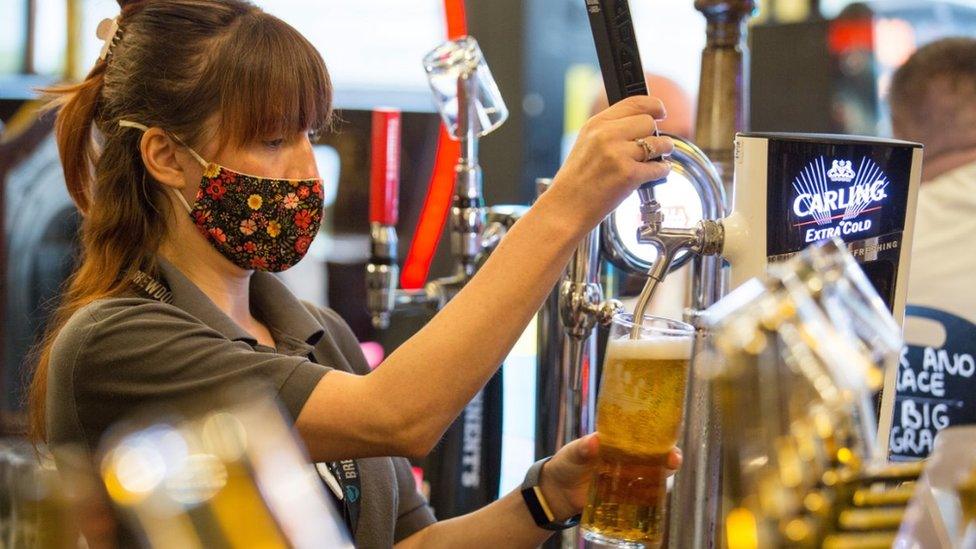Nightclubs eye June reopening but can they survive?
- Published
- comments

Sacha Lord couldn't believe his ears when, on Monday, Boris Johnson mentioned nightclubs as he set out the roadmap for ending the Covid-19 lockdown in England.
"I nearly had to scrape myself off the floor," says Greater Manchester's night time economy adviser and co-founder of the Warehouse Project club nights.
In fact, it was the second time in a week the prime minister had talked about clubs. The previous Monday he said that using lateral flow tests could be a way to reopening venues.
"I couldn't believe it," Mr Lord says. "It was the first time in 11 months he had even acknowledged a nightclub."
As part of the government's four-step plan, Mr Johnson said nightclubs in England could reopen "no earlier than 21 June" when it is hoped that "all legal limits on social contact can be removed".
It is great news for the industry - if clubs in England can survive until then.
Nightclubs are one of the few businesses that have been forced to close for the entirety of the Covid crisis after restrictions were first introduced last March.
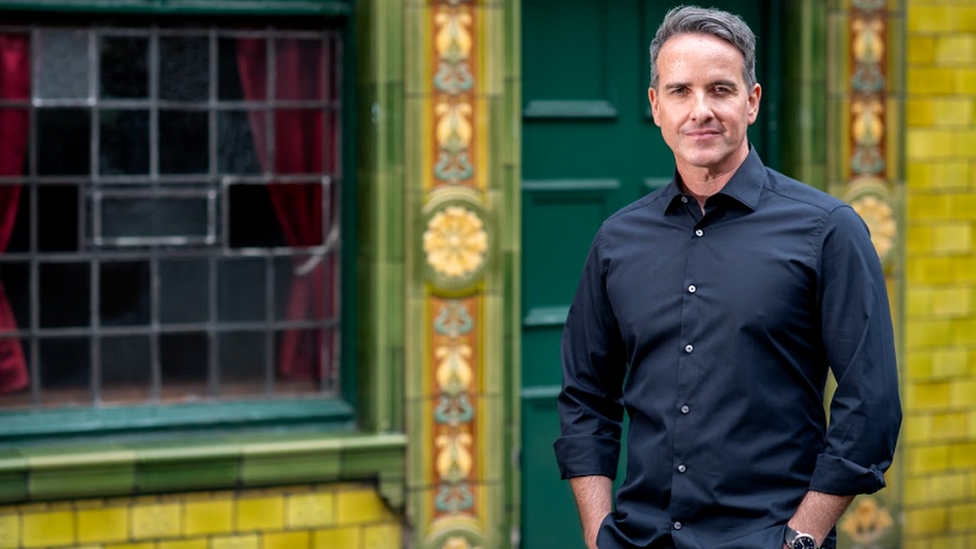
Manchester's night time economy adviser Sacha Lord was surprised to hear Boris Johnson mention nightclubs
By the time June comes around, they will have been closed for 15 months.
And there is no guarantee that clubs will reopen then, since removing restrictions depends on many other factors, such as the continuing success of the Covid vaccine programme and avoiding a surge in hospitalisations.
'Toughest nuts to crack'
The entire night time industry - which contributes £66bn to the UK economy - has been hit hard by the country's many lockdowns.
But while pubs and bars have been allowed to reopen for short periods, albeit with controversial rules such as the 10pm curfew, nightclubs haven't had even that.
A report published this month, external by the All-Party Parliamentary Group (APPG) for the Night Time Economy found that UK nightclubs have been forced to make 51% of their staff redundant since last year.
That compares to bars who have axed 32% of their workers, pubs that have laid off 25% of their employees and live music venues who have made 36% of their staff redundant.
Michael Kill, chief executive of the Night Time Industries Association, which represents the sector, reckons that by the time clubs can reopen, there will be between 40% and 50% fewer operating in the UK compared to a pre-Covid total of 1,446 venues.
Operationally, reopening nightclubs presents its own challenges. Mr Johnson said that clubs have been one of the "toughest nuts to crack".
He suggested that vaccinations as well as lateral flow testing could be the key to unlocking their doors.
But Luke Laws, operations director at London nightclub Fabric, says that doing lateral flow testing on the door would be a logistical nightmare.
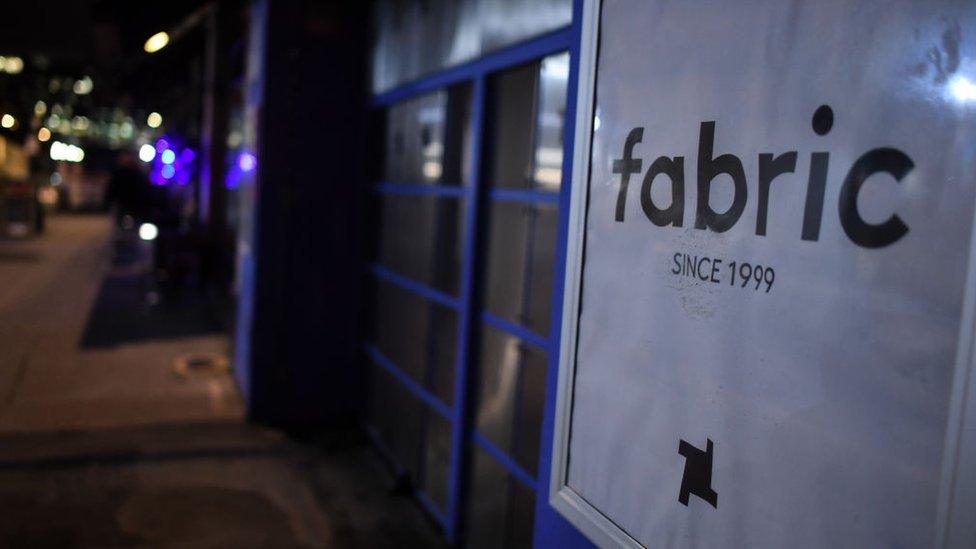
Like other nightclubs, Fabric has been closed since March 2020 because of Covid-19 restrictions
He calculates that if a full capacity crowd - Fabric can hold 2,000 punters - had to wait in a socially distanced queue outside the club, the line would stretch 1.7 miles from the club in Farringdon all the way to Covent Garden.
And then there is actually doing the test if, by the time clubs reopen, it is a requirement for entry. Where will clubbers wait for the results? Who will administer it? And who will pay for the tests?
"Another scenario we looked at was renting or closing off a road to process our queue," says Mr Laws. "That would involve 240 additional staff to process the tests and do it in a socially distanced manner until point of negative confirmation."
Financially it would be another burden nightclubs cannot afford. Mr Laws says that for a club to break even it has to reach at least 85% capacity, but lateral flow testing on the door could hamper numbers because of the "sheer ability to process people and get them through in volume".
It is currently unclear if clubs will have to follow other restrictions, such as making clubbers wear masks.
But Mr Laws says: "There's no way you're going to get a clubber to keep a mask on.
"The whole reason to go to a club is not hedonism but to feel like you're not following rules. You're there to dance, to let go or you're looking to swap saliva with someone."

Clubbers in face coverings? Not likely, say some in the industry
Dancing
Jack Clarke, senior event manager at Liverpool club Camp and Furnace, says the venue has even been worried about dancing.
"It's like we're living in Footloose," he says, referring to the 1984 movie about a small US town where dancing is forbidden. "The entire country hasn't been able to dance for 12 months.
"In June, we could have 1,000 people in the room dancing together but that also seems like everyone's nightmare scenario right now."
What about socially distanced dancing or fewer people on the dance floor?
It would be "impossible to police", says Bradley Thompson, managing director of Broadworks Live, which runs and operates the London venue Printworks,
"You could say, 'actually we're only going to have so many people on the dance floor' but those people are still going to congregate close to each to other.
"Then you've also got the cost implications. If you limit the amount of people you can't put as much money into the production, into the artists and talent."
Most think that when nightclubs do reopen, customers at the door may be able to show a QR code on their mobile phone showing they have had a test or have been vaccinated against Covid.
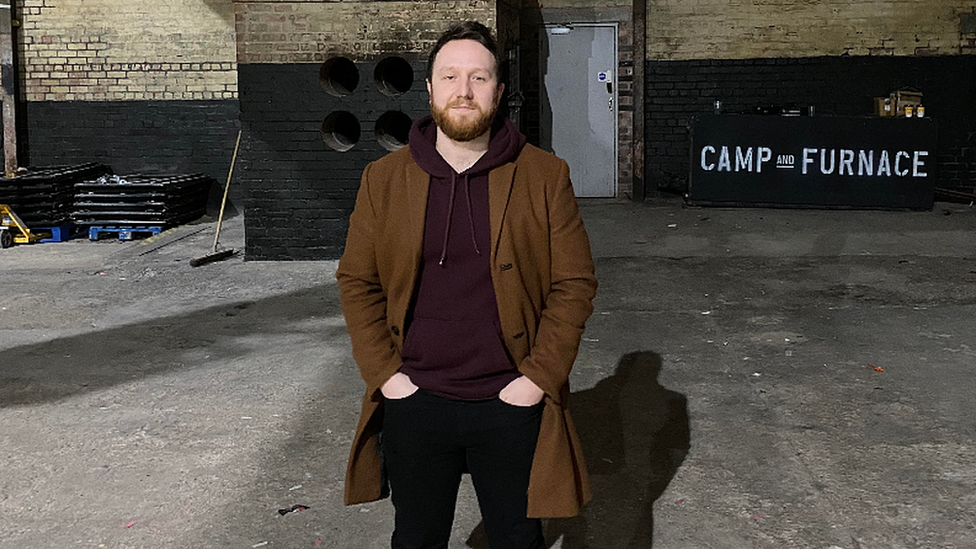
Jack Clarke credits finance from the Culture Recovery Fund for keeping Camp and Furnace in business
If, of course, nightclubs are still in business by then.
'Sector-specific support'
Like Fabric and Printworks, Camp and Furnace was able to access finance from the government's £1.57bn Culture Recovery Fund. "We wouldn't be here if it wasn't for that," says Mr Clarke.
Others haven't been so lucky. Just 12 nightclubs have been awarded finance from the fund.
And while the recovery fund is set to release another round of grants in the coming weeks, the situation remains precarious for nightclubs - something the Chancellor, Rishi Sunak, needs to address in his Budget next week, says Michael Kill.
"There needs to be quite a robust financial package from the chancellor on 3 March to ensure that they are able to survive," he says.
This includes extending the furlough scheme beyond the end of April, when it is due to finish, for those sectors who have to remain closed as well as keeping in place a moratorium on commercial rents and maintaining the VAT rate at 5% for businesses in the hospitality sector.
"What the chancellor has to say really needs to gel with the roadmap," says Amy Lamé, who works with the Mayor of London as the capital's night czar. "If certain places have to remain closed, we get it, but you need to step up and give sector-specific support so that they can stay closed then reopen."
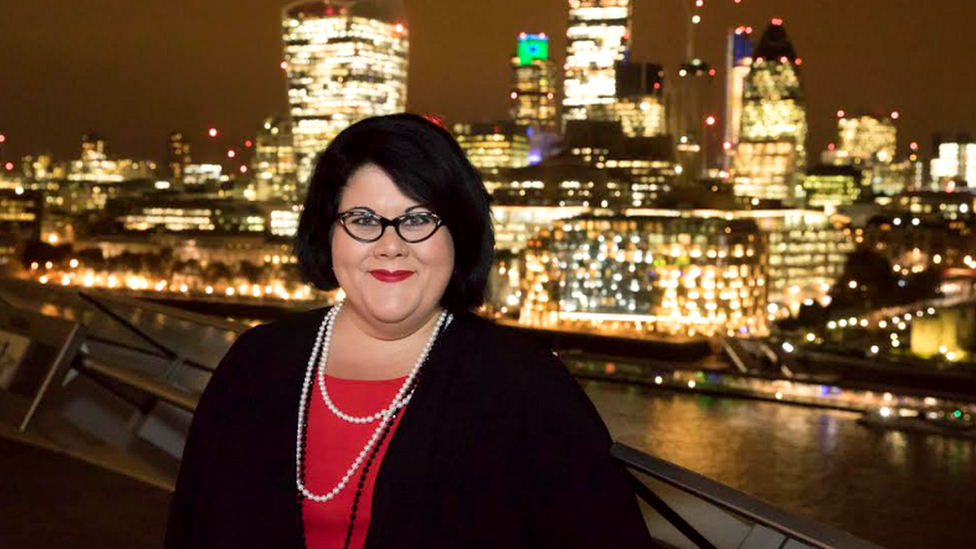
London's night czar Amy Lamé says the chancellor must provide sector-specific support in the Budget
Despite the many concerns, those nightclubs which have survived are optimistic that when they reopen, customers will come flooding back.
"If I compare it to last year when I knew we wouldn't open, now we've got a chance," says Luke Laws from Fabric. "Our industry is nothing if not resilient and innovative.
"If there is a way to make it work, we will."
- Published14 July 2021
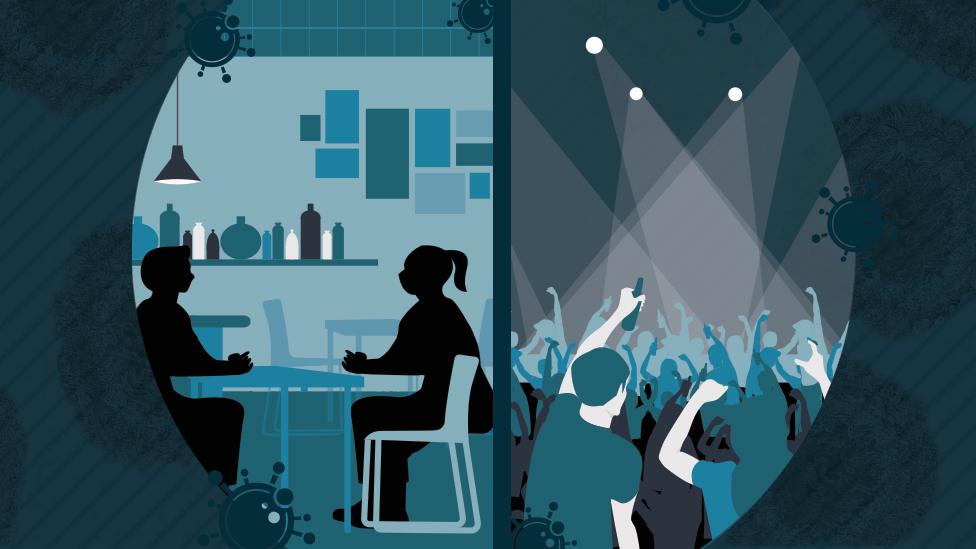
- Published24 February 2021
